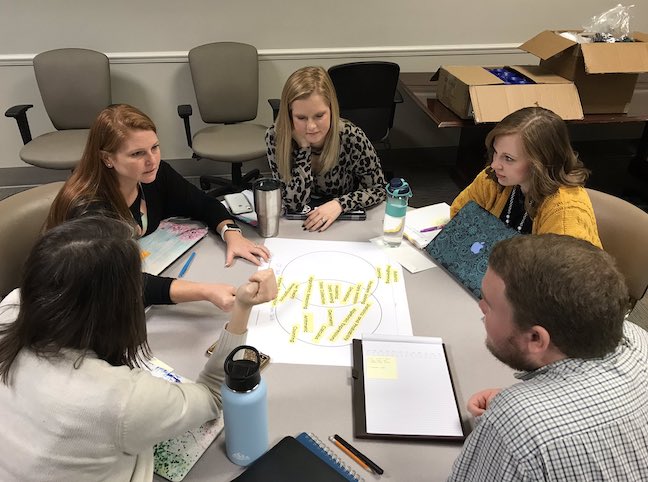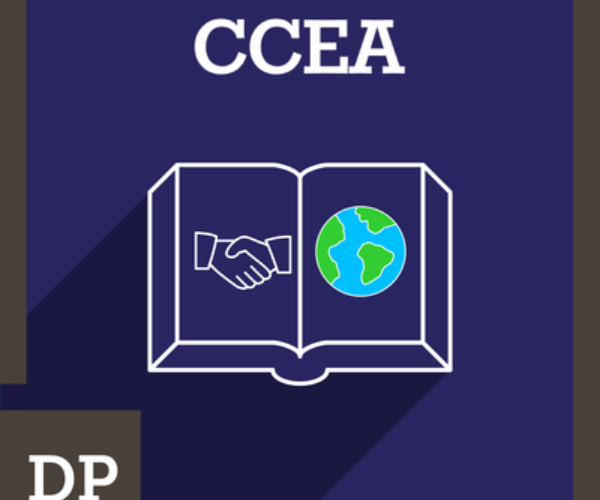The flexibility of micro-credentials for teacher PD has inspired Delaware Department of Education officials to begin developing their own professional development badges.
The state has also been updating its regulations so teachers can apply micro-credential PD badges they’ve earned to re-licensure hours, says Alyssa Moore, a department education associate for digital learning.
Along with using Digital Promise’s platform, Delaware has just launched a pilot with 17 micro-credentials in literacy as part of a statewide early learning initiative. Another 12 micro-credentials are being developed.
The state is also now training assessors to evaluate teachers who are seeking micro-credentials in mastery of growing early readers.
More from DA: How future supes grouped in Ohio for leadership lessons
“We’re going down this road because of the just-in-time aspect,” Moore says. “Teachers can work on micro-credentials whenever they want—they have a lot of flexibility, rather than signing up for a workshop that runs during particular hours.”
Delaware is tailoring its micro-credentials based on teachers’ existing skills. Teachers with more experience in early literacy will likely spend less time to earn a micro-credential.

“That flexibility where everyone isn’t staring at the same place and doesn’t have to finish at the same time is a big reason we are putting this micro-credential path into place.”
The micro-credential pilot has proved popular. Once it was announced, teachers filled all the slots in just two days and there is now a waiting list, Moore says.
Teachers have been captivated by the ability to design their own learning to meet their own needs, and set their own schedules, Moore says.
“Teachers have been saying they want more personalized opportunities and more choice and ownership over their learning,” Moore says. “The enthusiasm we’ve seen shows teachers are really looking for choices in the things they do to demonstrate learning.”
Micro-credentials add to equity
Micro-credentials increase equity in the classroom because they allow teachers to focus on students’ assets, says Odelia Younge, Digital Promise’s director of micro-credentials.
More from DA: Why educators want to stick with video beyond COVID
Micro-credentials also give administrators greater flexibility to tailor professional development to data-based decisions about what individual students need most and how learners are best engaged, she says.
While micro-credentials may not make larger workshops obsolete, they are becoming established as a complement to traditional approaches.
“When people figure out innovative ways to do things, we don’t always get the word out as fast as we want,” Younge says. “Micro-credentials can help us see that teachers in a certain region are using certain resources or leaning on a certain framework to be successful.”









